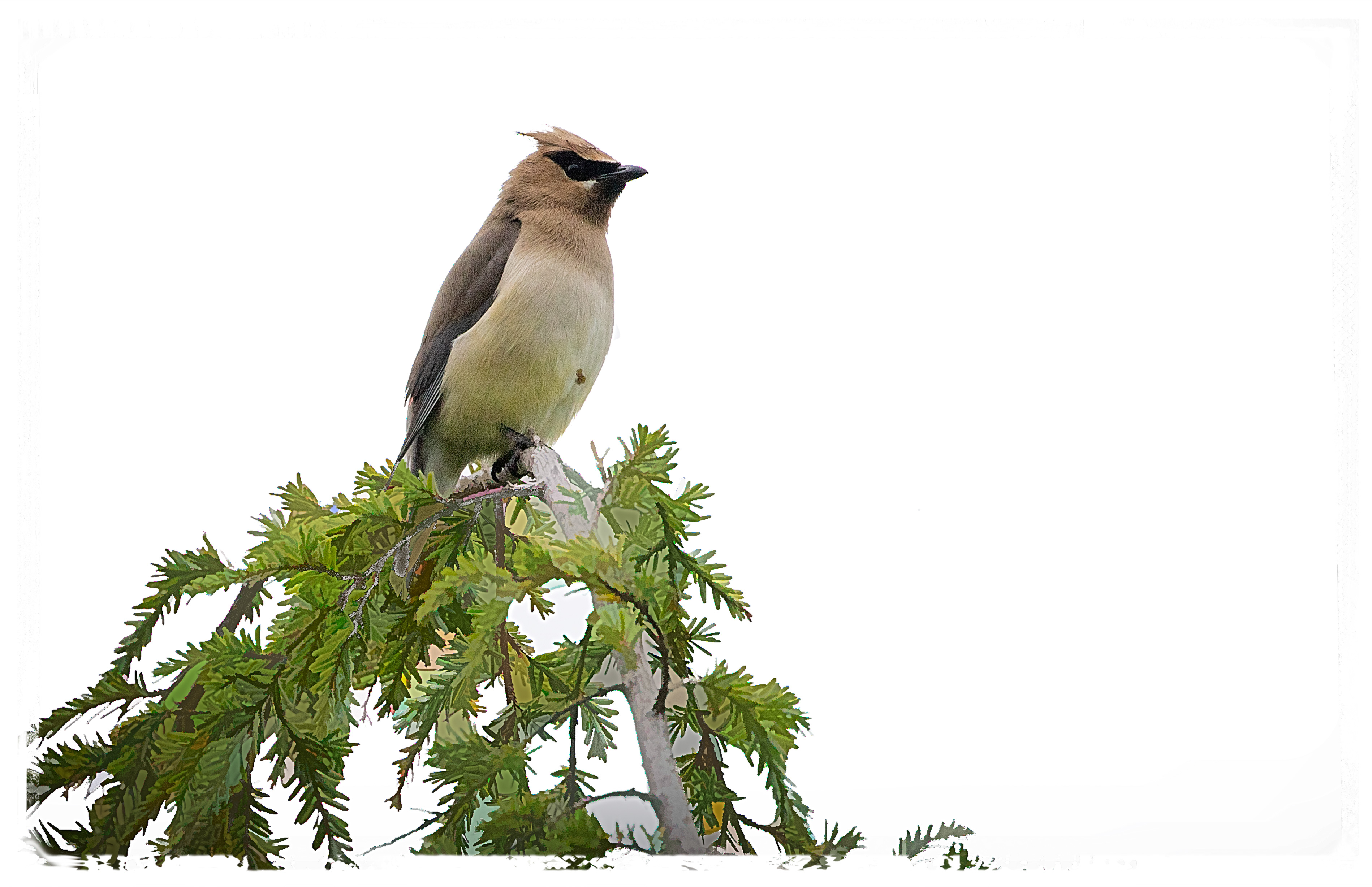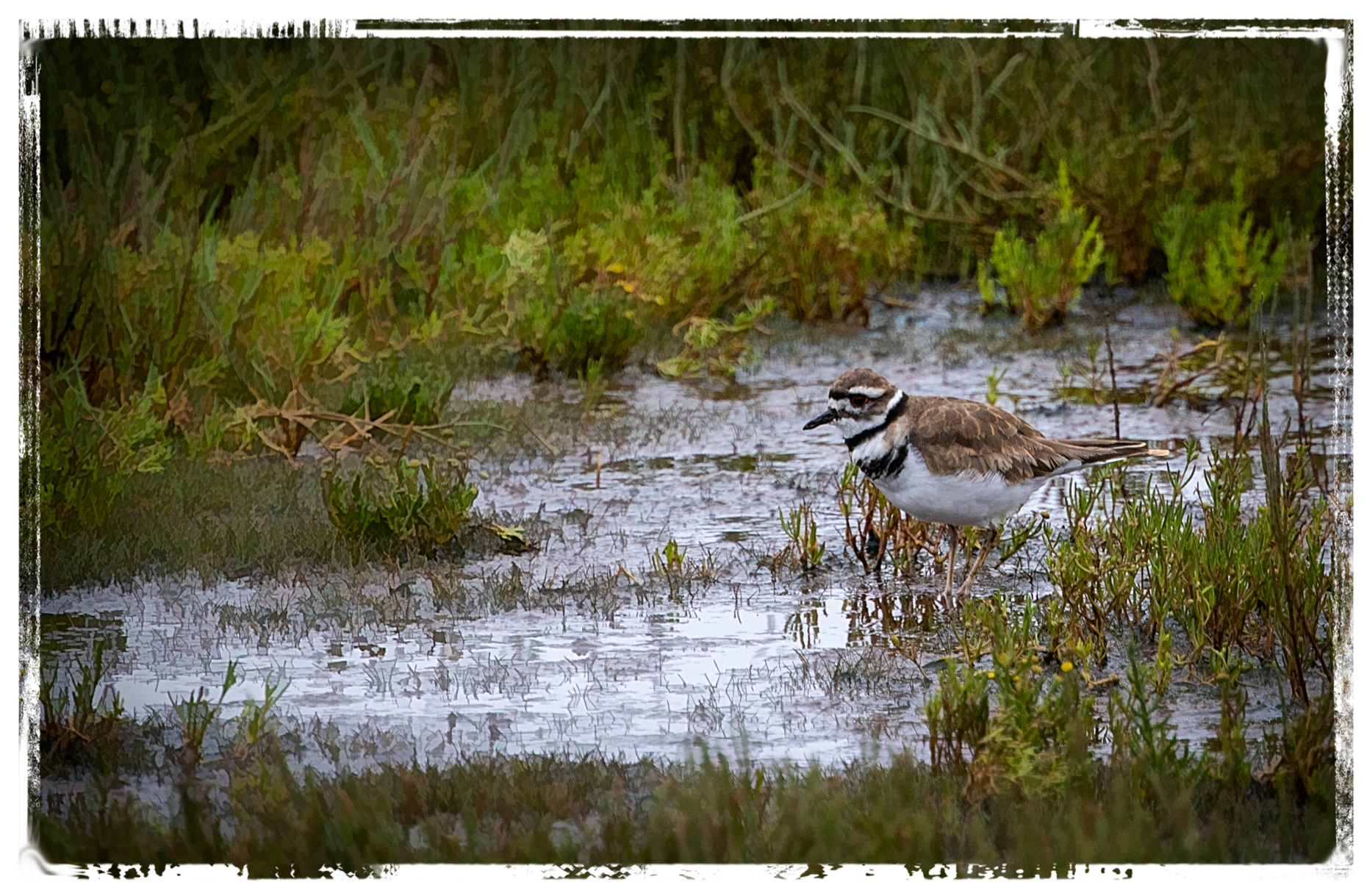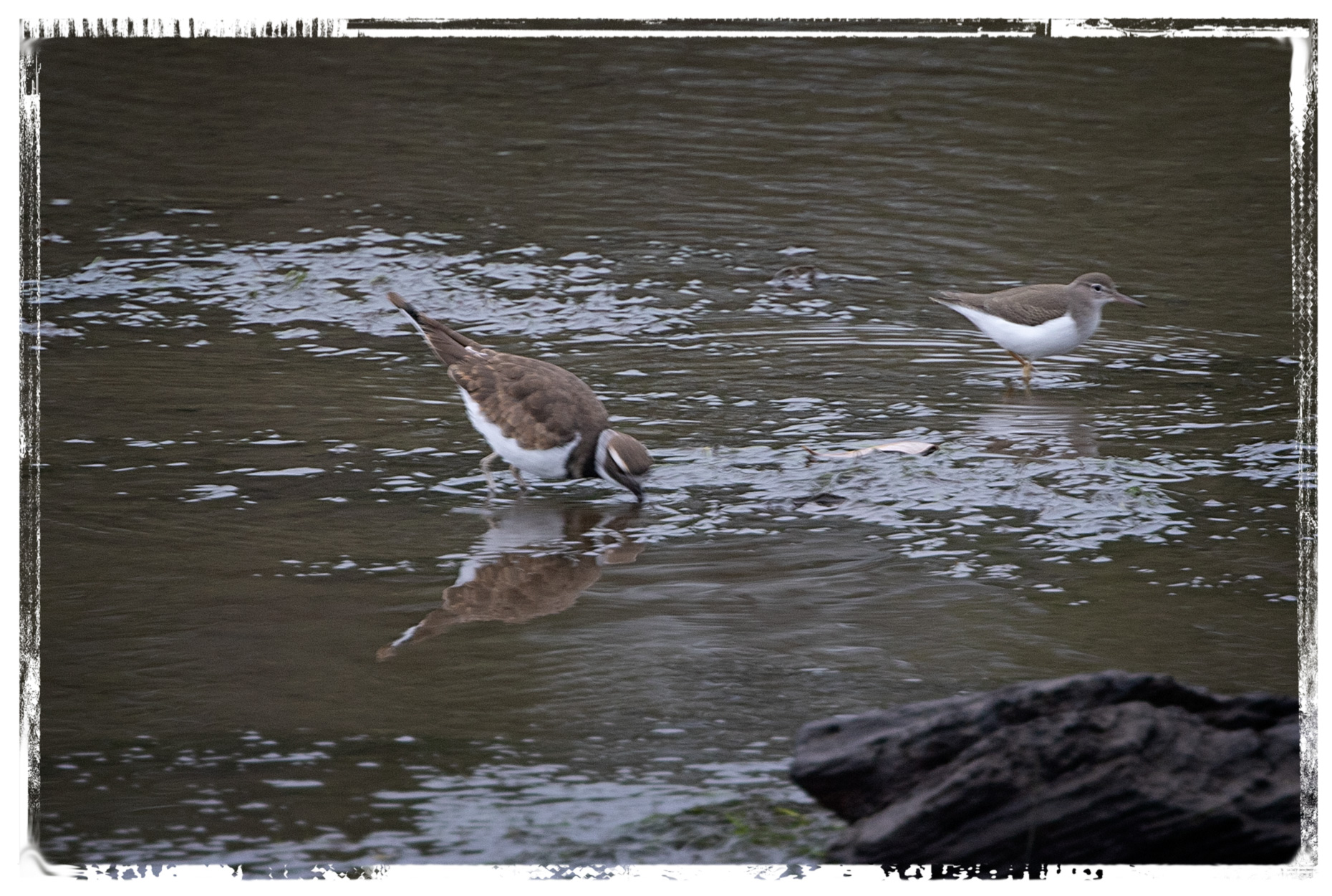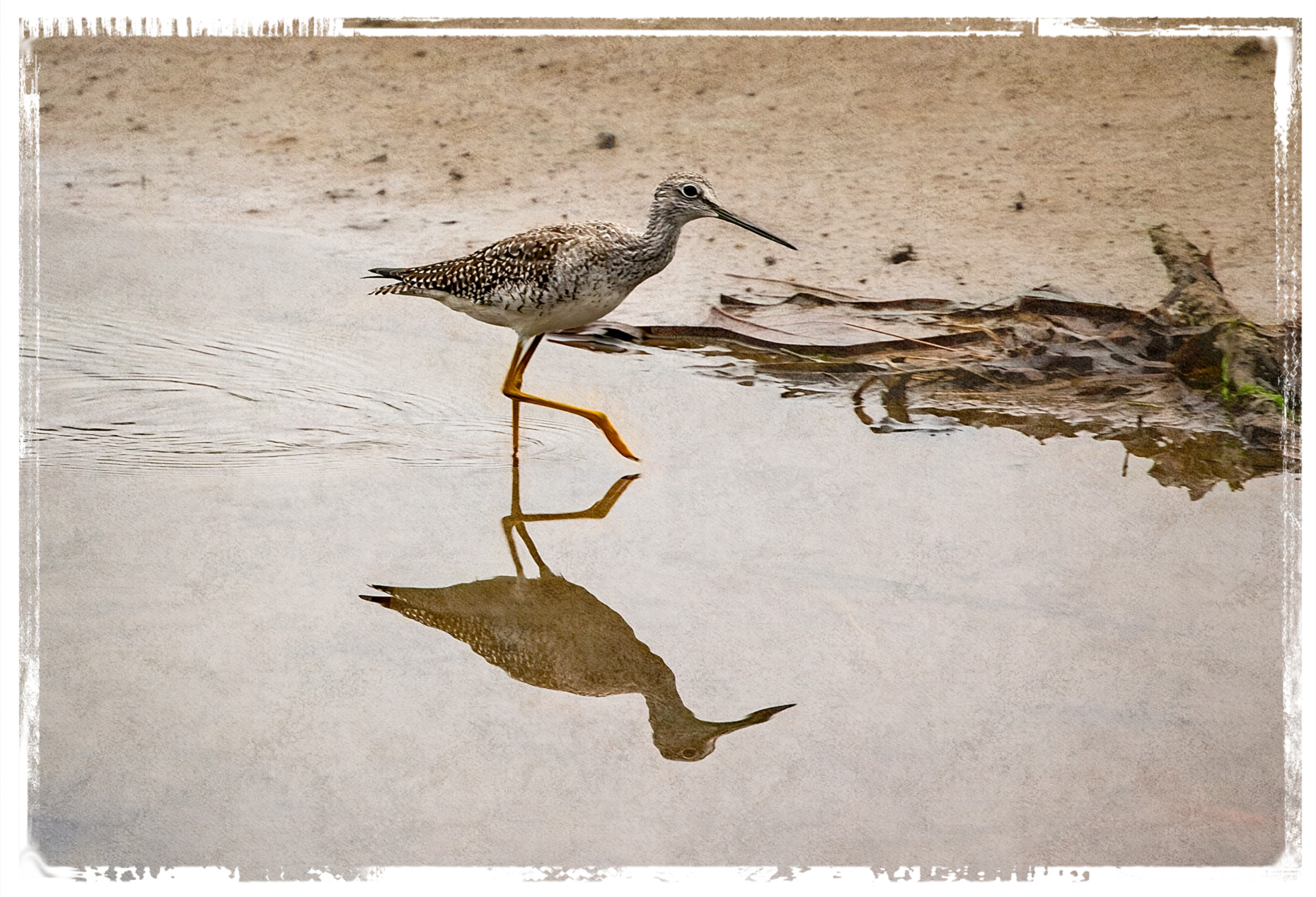My favorite poem in the book was probably “Unripened” because it reminded me of childhood outdoor experiences, but even though I’m currently immersed in a review of CSS I didn’t want to spend the hours involved in trying to reproduce the format the poem used in the book and wouldn’t consider presenting it any other way. “I Could Love You that Way” was another favorite, but I couldn’t put into words why I liked it. After staring at a computer screen for nearly a week waiting for words to suddenly appear, I dispersed those electrons and chose to tackle this poem instead:
It’s great reading weather here in the Pacific Northwest since it’s far too blustery and rainy to walk outside. I’ve actually been reading several different books, but I just finished Body My House by Bethany Reid. Bethany has been kind enough to leave comments on my site several times, so when I saw on her site that she had just published a book of poetry (a while ago) I ordered it (a while ago). Like most of the people I know, I have stacks of books sitting around waiting to be read, but this 63-page book seemed like the perfect book to read while I tried to figure out what I want to say about Herman Hesse’s Siddhartha, which I also just finished reading.
What She Wanted to Put in Her Poem
When he decided to end it all, he took his pistol
to the garden and held the muzzle to his ear.
His brains would fertilize the cucumbers,
the heirloom tomatoes, the white flesh
of the onions. His blood would seep from him
into the soil where the beans drifted over their stakes.
He would waste nothing.
Through the kitchen window, his wife
and step-daughters watched. The son of a bitch
is nothing but a coward, his wife said.
He couldn’t hear what they said.
But he lowered the pistol. He sank to his knees.
Divorce followed. Years of apartments. Jobs
not worthy of his genius. His younger stepdaughter
still remembers him standing in the garden.
She remembers how dark the soil, how green
the plants. A mist of rain, so light, adorning
his head like a halo. How brave he was, is what
she thinks (holding a pen, staring at the white page),
to have stood from there and walked
back into his life, not knowing what it would hold,
whether bounty or lack.
I especially liked this poem because I can identify with the first part of the poem; I’ve always wanted to be buried under my tomato plants — not in a sterile graveyard. The garden is the perfect place to retire to. There’s a reason my study is full of Aerogarden hydroponic gardens growing tomatoes and herbs. Gardening is in my blood.
I’m afraid I’d probably be more apt to kill the spouse than commit suicide, but I could easily identify with how he must have felt when I read “The son of a bitch is nothing but a coward.” Someone is definitely a bitch, but it’s probably not his mother. It’s hard to imagine what kind of person would say this out loud with her daughters standing there, especially since the younger stepdaughter seems to adore him: “A mist of rain, so light, adorning his head like a halo.”
One suspects the daughter (the later poet staring at the white paper ?) knows, and must have had, the kind of courage it takes to step back from a moment of darkness and go on. Courage is usually identified with heroic deeds, like shooting a criminal or saving others in combat, but there are many kinds of courage. Some of us need more courage than others just to get up and face everyday challenges. Most of us experience at least a few times in our life when it takes all the courage we can muster up to just to get back on track. Poems like this remind us that we should always give others the benefit of the doubt because it’s impossible to know what struggles they might be facing. And, in fact, we, too, can never know what life holds for us in the future.








